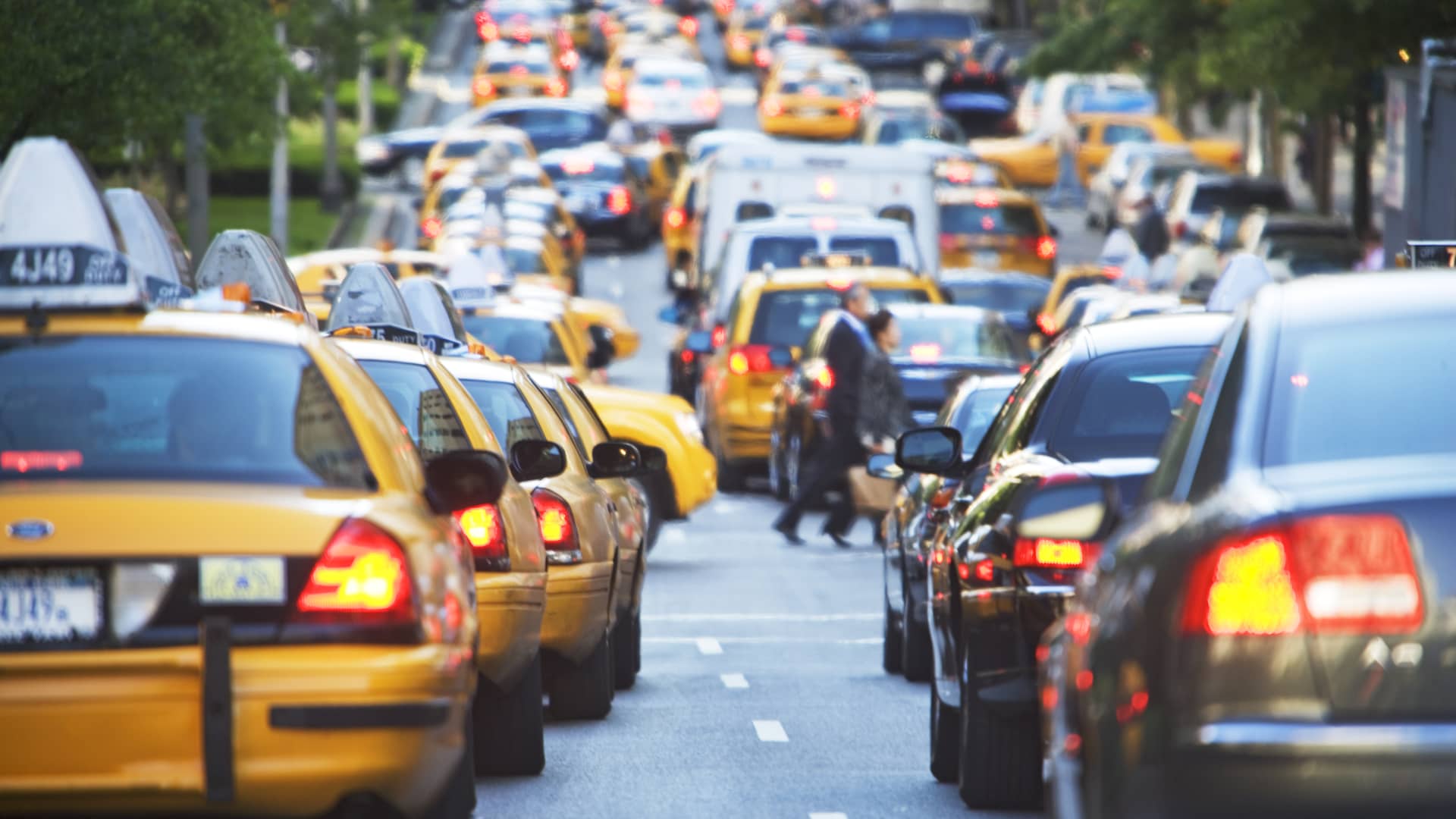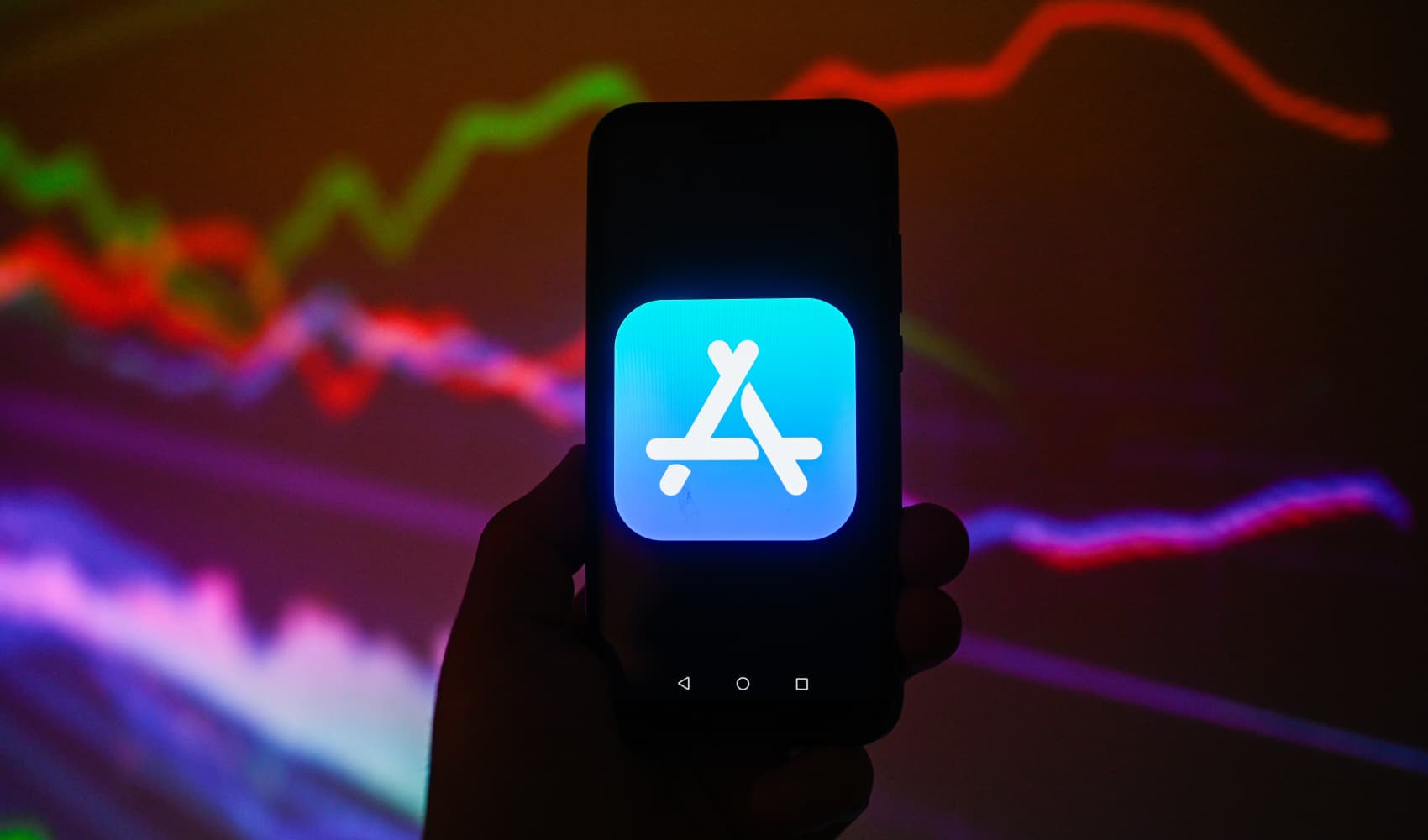
The United States has some of the most congested cities in the world for yet another year.
INRIX, a transportation analytics company, released its 2024 Global Traffic Scorecard which ranks the most congested cities in America by measuring the change in average peak period travel times across more than 22 months.
WATCH ANYTIME FOR FREE
Stream NBC10 Boston news for free, 24/7, wherever you are. |
The report found that the typical U.S. driver lost 43 hours to traffic congestion, up one hour from 2023. That's the equivalent of about a full work week and amounts to $771 in lost time.
Overall, congestion cost the U.S. more than four billion hours lost or $74 billion in lost time.
Get updates on what's happening in Boston to your inbox. Sign up for our News Headlines newsletter.
Bob Pishue, a transportation analyst at INRIX, tells CNBC Make It that this year's report shows that congestion levels are returning to what they were in 2019 or before the covid-19 pandemic.
"Traffic congestion before covid was pretty high on people's list of concerns and then during covid that fell, but now it's starting to bubble up again, which is not good but also just shows that we're kind of going back to how we used to do things," Pishue says.
The U.S. city with the worst traffic: New York City
Money Report
For the second year in a row, New York City ranked as the most congested city in the U.S., according to INRIX.
On a global scale, the Big Apple ranked No. 2 after Istanbul, Turkey.

Drivers in NYC lost 102 hours to traffic jams, compared to 101 in 2023. These delays cost the average driver $1,826 and the city $9.5 billion, according to the INRIX report.
Pishue says New York City's downtown and congestion bounced back faster than other major metros like San Francisco and Washington D.C.
"New York came back a lot quicker than a lot of other major downtowns because of the diversity of their economy. It's not just one or two industries," he adds.
On January 5, New York City introduced congestion pricing. Many drivers entering Manhattan's congestion relief zone south of 60th street will be charged a once-per-day toll of $9 during peak hours between 5 a.m. and 9 p.m. on weekdays and 9 a.m. to 9 p.m. on weekends. Overnight, the toll price drops to $2.25.
"If you're driving in New York, it's brutal, there's no question about it. The city knows it has a congested downtown, and the congestion pricing reflects that it is at least trying something to mitigate a lot of the traffic around there," Pishue says.

Since congestion pricing has only just started, Pishue says — instead of waiting to see if it will help decrease traffic — the key is for New York City to ensure it has a robust transit network.
"[Congestion pricing] will price some trips off the road, and that's not good for the economy. You want to accommodate trips and not necessarily eliminate them," he says. "If you can't accommodate them due to traffic congestion, there's got to be a robust transportation network to capture those other modes of transit."
Top 10 U.S. cities with the worst traffic
- New York City
- Chicago, Ill.
- Los Angeles, Calif.
- Boston, Mass.
- Philadelphia, Pa.
- Miami, Fla.
- Houston, Texas
- Atlanta, Ga.
- Washington D.C.
- Seattle, Wash.
Like last year, Chicago ranked as the second most congested city in the U.S. and No. 3 globally, after New York City.

In Chicago, drivers lost 102 hours in 2024, up from 96 hours in 2023, which amounts to $1,826 worth of time lost. The congestion cost the city $6.6 billion last year.
Pishue says it's not surprising that Chicago and New York City drivers lost the same amount of time driving.
"Chicago is the third biggest city in the country, so it's kind of natural it would rank high, but Chicago has quite a bit more driving than you'd expect from a big metro area like that," he says.
Despite that, Pishue says the Windy City is still seeing a delay in people taking transit and is working on getting their congestion levels to pre-covid-19 levels.
"The recovery from covid is still playing out in this transportation data. The challenge will be as more people return to the office, there could be quite a bit more congestion," Pischue says. "There's still a lot of questions going on in these big metro areas as to how people's travel patterns are going to be when they stop working from home."
Want to make extra money outside of your day job? Sign up for CNBC's online course How to Earn Passive Income Online to learn about common passive income streams, tips to get started and real-life success stories.
Plus, sign up for CNBC Make It's newsletter to get tips and tricks for success at work, with money and in life.






